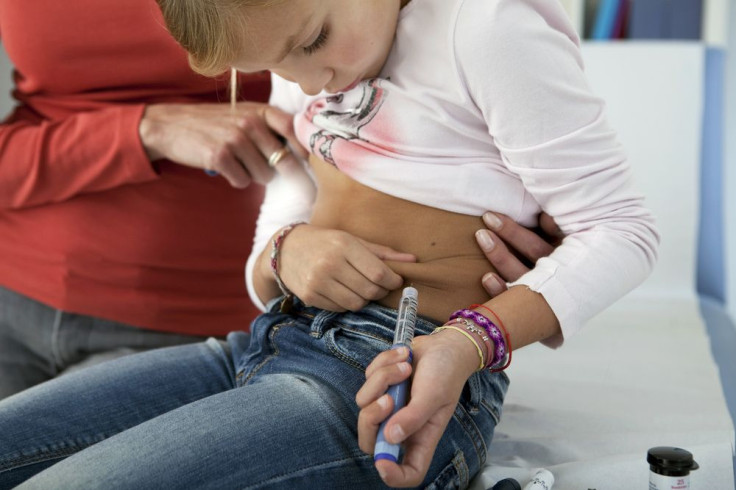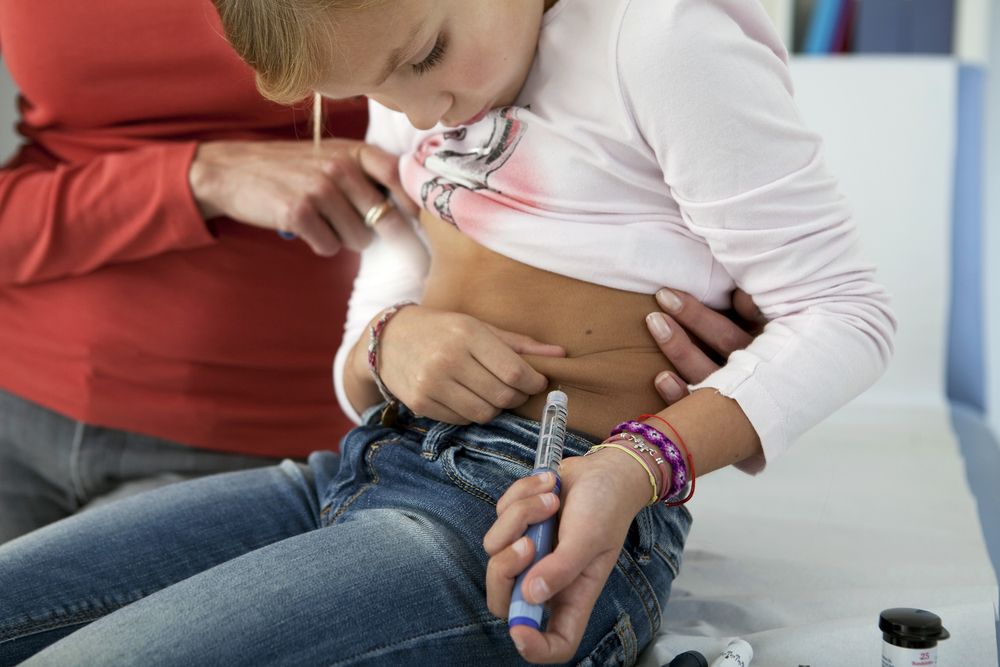Researchers observed an increase in the incidence of type 1 diabetes cases during the COVID-19 pandemic. Now, a new study confirms the link and establishes a temporal correlation between the development of type 1 diabetes in children and infection with the SARS-CoV-2 virus.
Type 1 diabetes in children is a condition in which the body does not produce insulin. It is also known as juvenile diabetes or insulin-dependent diabetes. type 1 diabetes Influence There are more than 1.1 million children and adolescents worldwide.
Although there is no cure for type 1 diabetes, early diagnosis can help control blood sugar levels and improve quality of life. The most common symptoms include increased hunger, thirst, frequent urination, unexpected weight loss, and fatigue.
new study The study, published in Jama Network, is the first to use data showing whether children with a Type 1 diagnosis had been previously infected with COVID-19.
The researchers found that children with confirmed COVID-19 infection were 57 percent more likely to develop type 1 diabetes compared with children without COVID-19. They also found that type 1 diabetes was mostly diagnosed in the same or subsequent quarters after a COVID-19 diagnosis.
Although further research is needed to determine the exact mechanisms that lead to type 1 diabetes following COVID infection, the researchers believe the virus may have triggered an autoimmune disease or accelerated pre-existing conditions that have not yet been diagnosed.
“We are cautious about our interpretation, but the findings suggest that the virus can promote the initiation of underlying autoimmunity in type 1 diabetes, or accelerate disease progression in children with existing autoimmunity,” said Ezio Bonifacio, last author of the study. authors. study, explain.
Further research is needed to assess whether the vaccine should be considered for children at risk of developing type 1 diabetes, the researchers said.
“Limitations of the study include data collection by quarter, which makes it impossible to determine whether type 1 diabetes was diagnosed before or after COVID-19 when type 1 diabetes occurred in the same quarter; lack of viral confirmation for 70% of children diagnosed; insufficient numbers number of cases to allow for subgroup comparisons; and potential confounding or selection bias,” the researchers wrote.

Photo courtesy of Shutterstock
Published by Medicaldaily.com


